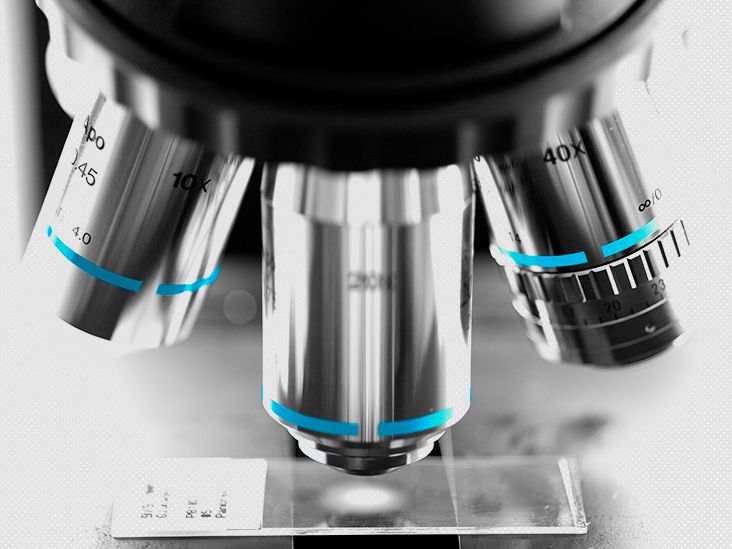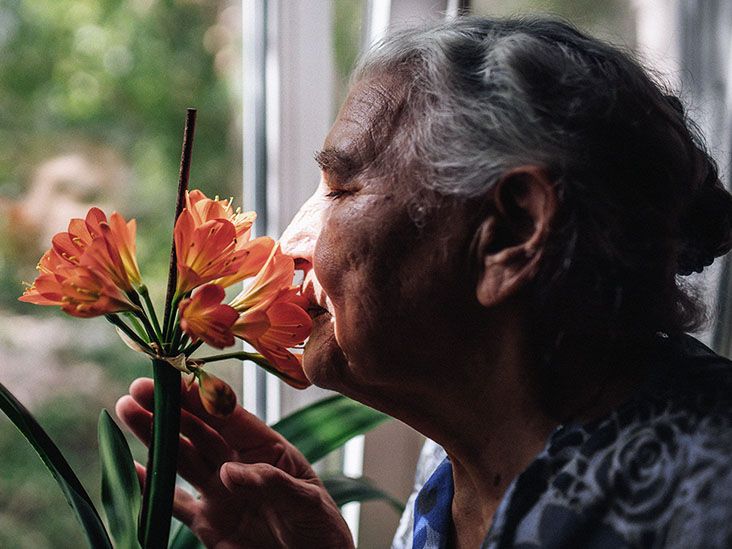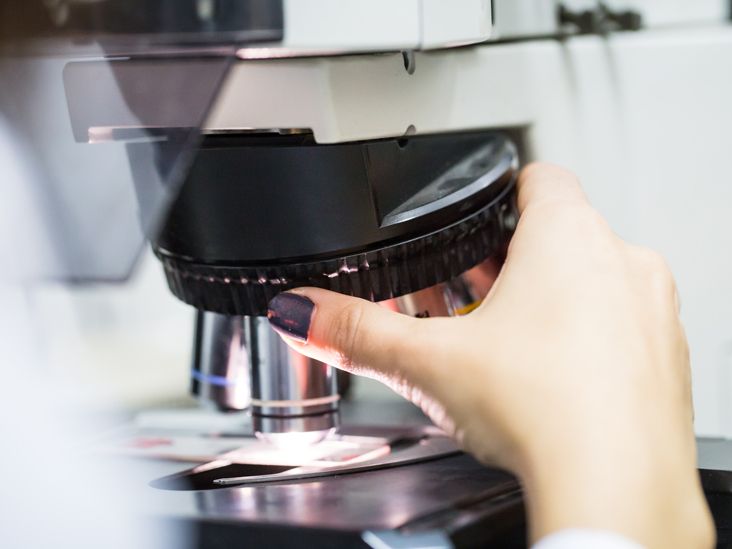Some people believe that homeopathy can treat or even cure non-Hodgkin’s lymphoma (NHL). However, there is no evidence that this is true or that homeopathy can treat or cure any medical condition.
Homeopathy is a specific form of alternative medicine based on the idea that taking a very small amount of a substance that would cause symptoms in a healthy person can treat a disease in someone who has one. Its principles counter what scientists know about the human body.
Homeopathy is different from holistic medicine, which involves taking a person’s whole self into consideration. A holistic approach to NHL might involve medical treatments to target the cancer itself alongside support for mental health and nutrition.
This article explores whether homeopathy can help with NHL, the risks of homeopathy, and other complementary therapies that people may wish to consider.
Homeopathy is a type of alternative medicine that originated in Germany in the
The first is “like cures like,” which means that a substance that would cause symptoms in a healthy person can treat health conditions that are associated with that substance.
The second principle is the “law of infinitesimals,” which suggests that the more diluted a substance becomes, the more potent it is.
Proponents of homeopathy believe that the practice works by initiating or activating the body’s natural immune or healing process. However, the
Homeopathic remedies can contain many substances, from relatively harmless plants to poisonous substances or animals.
Although a large number of clinical trials have investigated the potential of homeopathic remedies, there is
NHL
Treatment typically involves killing the cancerous cells with chemotherapy or radiation. Sometimes, it may also involve monoclonal antibody therapy, which helps the immune system kill cancer cells itself.
Homeopathy is unlikely to have the same effects as these treatments because of how diluted the remedies are.
There are some case studies that appear to have positive results.
In one German case study
However, this does not necessarily mean homeopathy cured the cancer. The case study does not prove that the hemlock was responsible for the improvement, and it focuses on only one person. Only larger-scale trials can provide evidence that a treatment works reliably and is safe.
Spontaneous remission of NHL is possible, although rare. Older case studies from 2015 and 2017 report instances in which people with NHL got better without treatment. Research suggests that spontaneous remission without treatment is rare. In many cases, NHL will recur.
A 2024 case series mentions a 53-year-old female with primary cutaneous diffuse large B‐cell lymphoma, leg type (PCDLBCL, LT). She received a watch-and-wait treatment method due to multiple spontaneous remissions.
Nine years after receiving her diagnosis, she went into complete remission. According to the review authors, this is the first case of spontaneously occurring and remitting PCDLBCL, LT. It was also the first case with the longest disease history before complete remission.
With low grade lymphoma, the rate of spontaneous remission can be as high as 10% to 23%. However, this rate is much lower for high grade lymphoma.
It is unclear whether homeopathy can truly relieve NHL symptoms. Currently, it seems likely that people who report feeling better after using homeopathic remedies are experiencing the placebo effect.
However, the placebo effect can still be beneficial. It may appear to reduce symptoms or make it easier for people to cope with them.
Some people may find that homeopathy helps them feel more in control of what is happening to them, which may also help with the psychological impact of the disease.
According to Cancer Research UK, some small studies have explored whether homeopathy can help relieve side effects of cancer treatment, but none have provided enough evidence to be conclusive.
Homeopathy carries some risks.
Although homeopathic products typically contain extremely diluted concentrations of active ingredients, some may contain much higher levels that can cause harm. Examples of these active ingredients include:
- toxic plants, such as nightshade
- heavy metals, such as arsenic
- substances that can interact with medications
Furthermore, the
Homeopathic products may not contain the ingredients or amounts that their labels say they do. The FDA has previously issued statements about brands recalling products due to contamination with bacteria and the possible presence of unlisted antibiotics.
If a person avoids standard medical treatments in favor of homeopathic products, there is also a significant risk that the cancer may progress.
The NCCIH and the
Homeopathy is an alternative therapy that is controversial in the scientific community. There is no evidence that it can treat NHL or any other medical condition.
However, it may help some people feel more in control of their treatment. Through the placebo effect, it may also affect their symptoms or treatment side effects.
It is vital that people discuss any homeopathic remedies with a doctor before taking them, as some contain ingredients that may interact with medications. It is also essential that people not rely on homeopathy alone to treat cancer.




